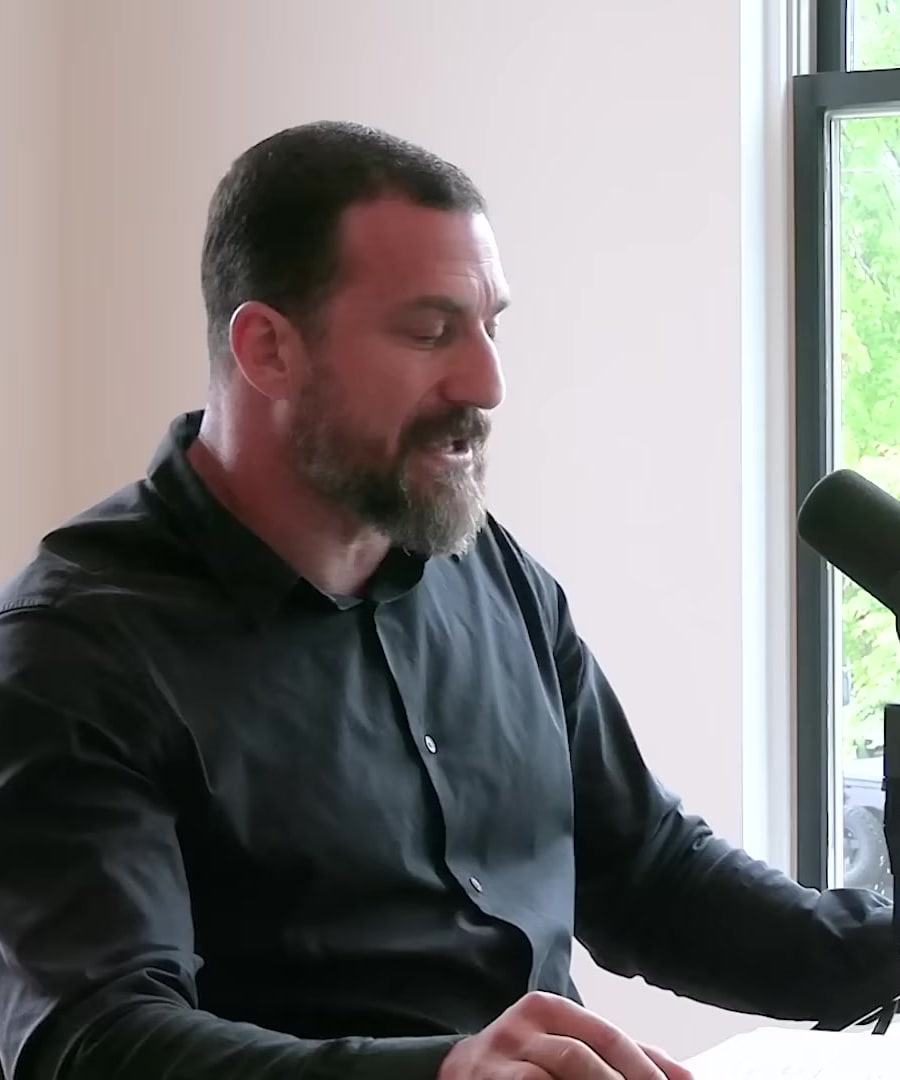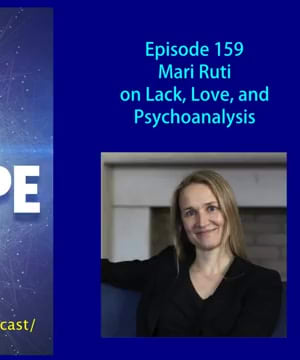Healing the past
Sources:
Healing from past trauma involves confronting and processing it through various methods. Here's some expert advice from trusted professionals on effective approaches:
-
Acknowledging and Facing Trauma:
- Trauma can dominate your present by causing changes in mood, anxiety, sleep, and behavior. Confronting it directly, possibly with a professional, or even through personal methods like talking or writing, can help manage its impact. This process requires exploring the trauma instead of avoiding it 1.
-
Eye Movement Desensitization and Reprocessing (EMDR):
- EMDR is a therapy method using bilateral stimulation to process unresolved trauma. It helps integrate traumatic memories into a more manageable form, reducing their disruptive impact on current life and relationships 2.
-
Holistic and Mind-Body Approaches:
- Techniques like energy healing, breath work, and mindfulness can significantly aid in dealing with trauma. By addressing trauma holistically, one can potentially see improvements in physical health and mood 3.
-
Psychoanalysis and Medication:
- Psychoanalysis aims to equip individuals with long-lasting skills to cope with future trauma. While medication is beneficial in some cases, psychoanalysis can offer robust tools to manage and understand traumatic impacts effectively 4.
-
Moment-to-Moment Awareness:
- It's not always necessary to relive every past trauma. Instead, engaging with current feelings and their origins with compassion can integrate traumatic experiences over time, promoting healing 5.
-
Avoidance and Its Consequences:
- Avoiding trauma can perpetuate its effects. Addressing it might initially intensify symptoms but ultimately leads to significant relief and improved emotional well-being 6.
These strategies highlight that healing is a process involving direct confrontation, therapeutic interventions, and holistic practices, all tailored to the individual's needs and experiences.
RELATED QUESTIONS-


